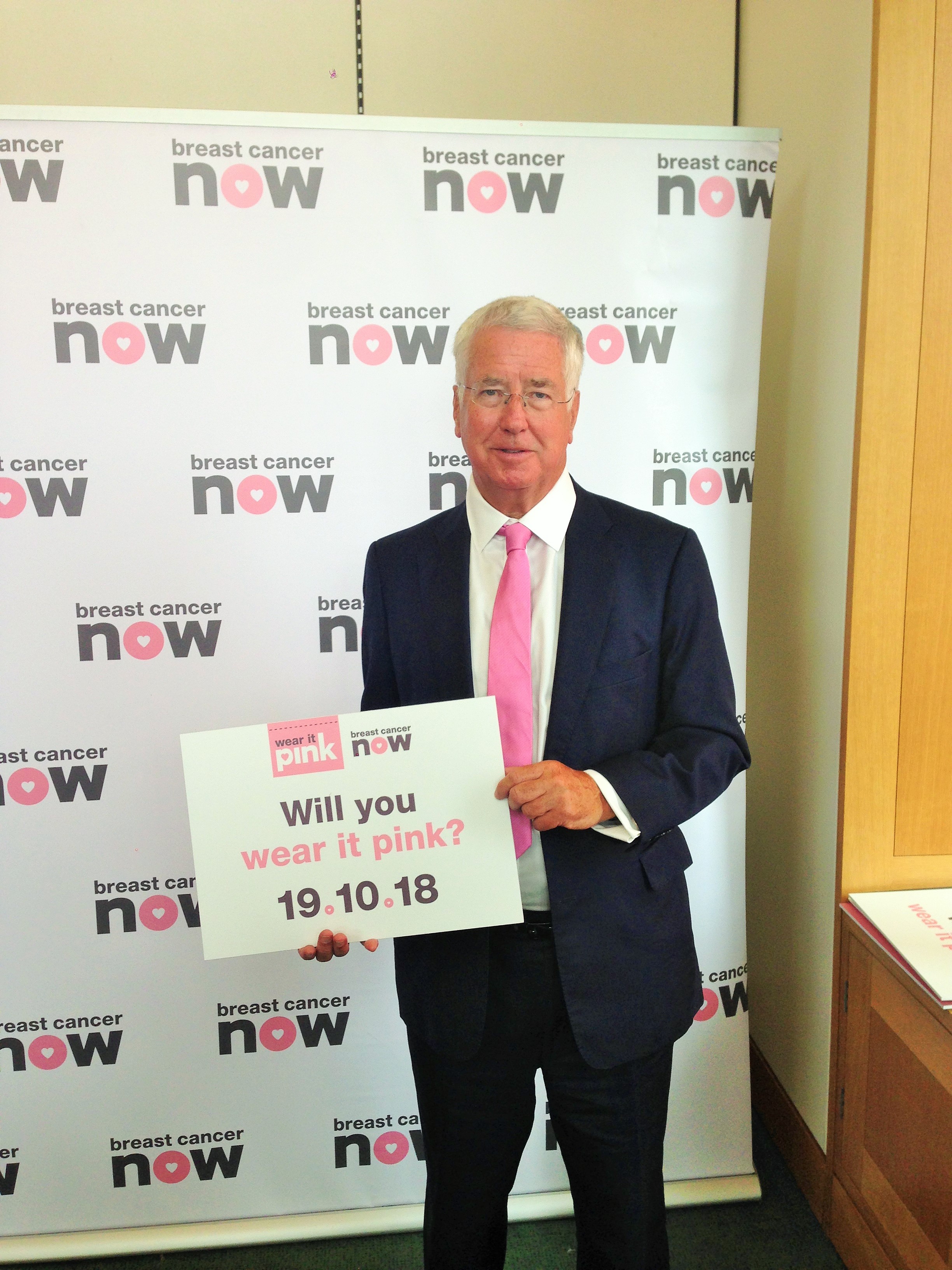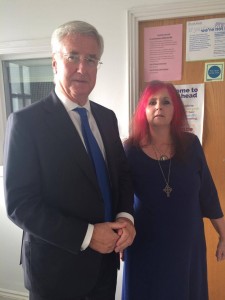Daily Telegraph
Here we go again. There have been rumours for weeks. Now there’s a formal invitation to be briefed on the forthcoming “strategic” merger of Kent’s NHS “commissioning groups”.
In 21 years as Sevenoaks MP I’ve known one constant – endless NHS re-organisation. When I arrived in 1996 there was just one District Health Authority. This was then split into a new West Kent health authority and several GP fundholding practices. In 1999 these were merged into the Sevenoaks and Tonbridge Primary Group. In 2002 this became the West Kent Primary Care Trust. In 2006 this Trust was merged again, with two neighbouring Primary Care Trusts to form the North West Kent Primary Care Trust.
Then came the Lansley reforms. His massive Bill, burning up hours of parliamentary time and much coalition political capital, swept away the Primary Care Trusts, on which GPs were already represented, and replaced them with Commissioning Groups (on which more GPs were represented). Our West Kent Commissioning Group took effect in 2013.
Now its days, too, look numbered. A statement last month suggests each of Kent’s eight Commissioning Groups will now be brought together to form “a single strategic commissioning function”. Our commissioners have explained: “it has become clear to us collectively that there is a need for some aspects of the commissioning of NHS care to be more joined-up.” So new notepaper, new senior posts, yet more change.
That’s only part of the ever-changing NHS mosaic. Higher up, the South East Thames Regional Health Authority became the South Thames Regional Health Authority in 1994. In 2002 this was split into smaller “strategic” health authorities, in our case the Kent and Medway Strategic Health Authority. In 2006 this was enlarged to become the South East Coast Strategic Health Authority. In October 2011 that merged with two neighbouring strategic health authorities to become the South Coast Strategic Health Authority. Just 18 months later it was abolished altogether.
Beyond primary care, the same upheaval. Mental health and community services were originally provided to Sevenoaks by the District Health Authority. In 1997 mental health services were transferred to a new Invicta Community Trust. In 2002 Invicta merged with the Thames Gateway Community Trust to form the West Kent NHS and Social Care Trust. Four years later the West Kent and East Kent NHS and Social Care Trusts came together to form the Kent and Medway NHS and Social Care Partnership Trust.
Meanwhile other community services moved in 2009 from the Invicta and Thames Gateway Trusts to West Kent Community Health, which in 2011 merged with East Kent and Coastal Kent Community Services NHS Trust to form Kent Community Health NHS Foundation Trust. Ambulance services were run by Kent Ambulance Service: in 2006 this merged with the Surrey and Sussex Ambulance Services to form the South East Coast Ambulance Service NHS Trust.
20 minutes before sex I took a quarter of generic cialis pill that was prescribed me by my urologist. The result I did not expect at all but the erection was amazing.
In the midst of this bureaucratic turmoil survives Sevenoaks Hospital, founded in 1870. But its day-to-day operations are becoming increasingly complex. Since 1997, it’s been owned by Invicta Trust, by the West Kent Primary Care Trust and by NHS Estates. Now owned by NHS Property, it’s run by Kent Community Health NHS Trust, with clinics run by various NHS organisations – even some from Sussex.
I make that at least 19 different bodies that have been “running” the NHS in Sevenoaks, almost one for every year I’ve been its MP. All these changes have been accompanied by hopeful PR, promising better patient service. But each has involved more cost and more management time which could be better spent on patients. So much change erodes public confidence: nobody really knows who is responsible for what.
Ever-changing bureaucracies undermine local institutions and affections. In twenty-five years we’ve moved from local to district, from strategic to local, and now back up to county again. Who can be sure of the right level at which to allocate resources and prioritise services when there’s nobody in charge long enough.
The damage isn’t just to patients and the public but to front-line staff. It is our hard-pressed nurses and doctors who have to re-adjust their reporting procedures, to cope with fresh layers of bogus accountability, to learn the latest jargon of the newly merged. This isn’t why they joined. And we don’t need more of it. After serving as a surgeon in the Second World War my father joined the NHS as it began: in 25 years he dealt only with a single regional hospital board. Are we really better served now ?
There are now 32,000 senior managers in the NHS, paid over £65,000 a year: 7 per cent up on a year ago. Remember the empty St Edward’s hospital in Yes, Minister – the best-run hospital in the country, but which had no patients. If we’re serious about putting patients before paperwork, it’s time we stopped endlessly re-organising the NHS.



